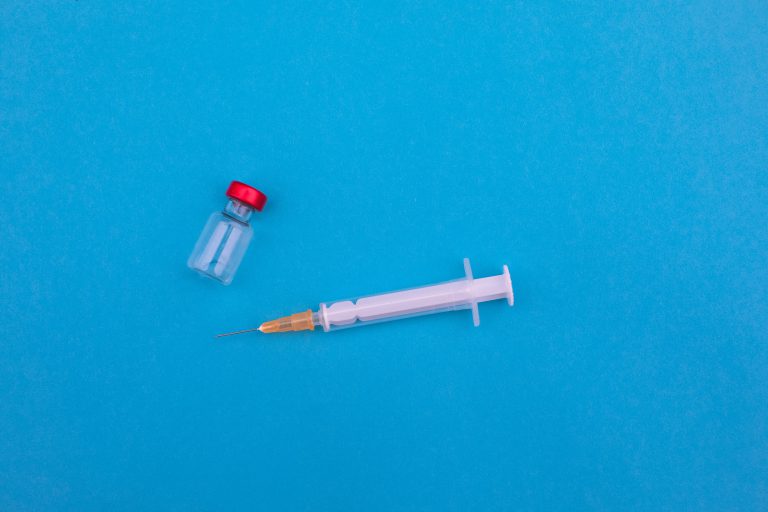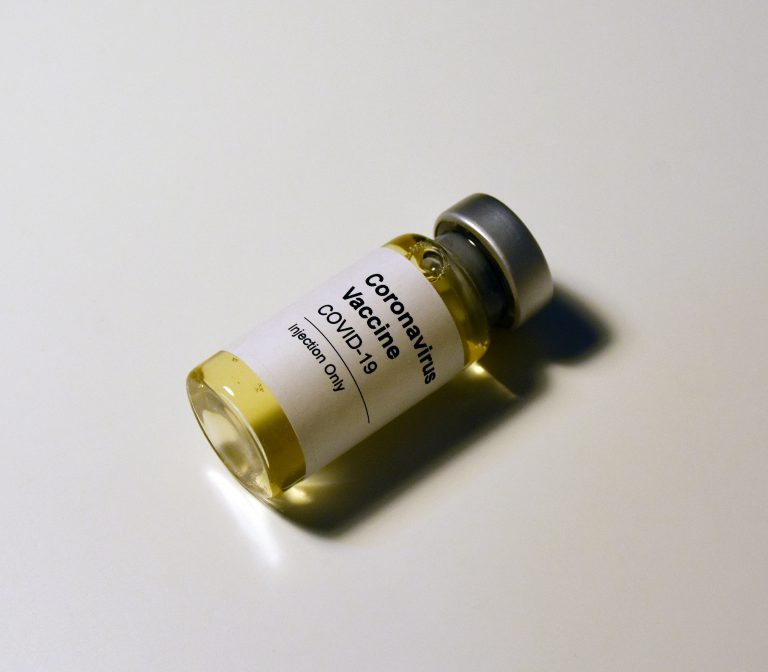COVID-19 has affected the healthcare industry in various ways. For one, it has changed the physician job market, increasing the demand for family physicians, infectious disease experts, and psychiatrists.
According to Merritt Hawkins’ 2020 Review of Physician and Advanced Practitioner Recruiting Incentives, there is greater demand today for physician assistants and nurse practitioners. The report covers interactions between physicians and recruiters or employers and recruiters from April 2019 to March 2020.
The 2020 record also shows that the most requested specialty is family medicine, which has been the case for the 14th consecutive year. Also, it says the shift to telehealth because of COVID-19 will probably impact compensation structures for primary care doctors. Indeed, testing, vaccination, and advocating for prevention will be essential services in the months and years to come.
People want more specialists
According to Merritt Hawkins, 78 percent of their search engagements are for specialists, a significant increase to 67 percent from five years ago. This is because of trends that COVID-19 sped up. In addition to needing care for coronavirus patients, specialists are also in-demand because of an increase in the need for mental health and senior care services.
The report says that “demand for physicians on the front lines of virus care, including emergency medicine physicians, pulmonologists/critical care physicians, and infectious disease specialists is projected to increase as a result of COVID-19.”
Merritt Hawkins notes that we will need more doctors to ensure better healthcare—more emergency physicians, pulmonary or critical care specialists, hospitalists, and infectious disease specialists. It is to prepare for the next health emergency and maintain population health throughout and after the pandemic.
The need for ID specialists
Even before the pandemic, HIV and Ebola outbreaks have been cropping up around the world. Tuberculosis and Hepatitis C cases have also been increasing. Furthermore, there are even more immunocompromised patients today. These are people susceptible to infectious diseases, like cancer patients and individuals who had just gotten transplants.
Before the pandemic, there were few doctors in ID. This is slowly changing, though; in 2016, ID specialists made up only 37.6 percent of residencies. In 2020, the figure is at 39.4 percent.
The need for mental health services
Since the start of the pandemic, the U.S. has faced a grim mental health outlook. Suicide and overdose have caused life expectancies to decline for the first time in several hundred years. Psychiatry is at the number two spot on the list of in-demand specialties at Merritt Hawkins, and COVID will probably keep it in place. In the coming years, researchers will have a complete picture of the pandemic’s mental health consequences.
For now, COVID-19 has exacerbated the persistent psychiatrist shortage in America. It has also negatively impacted most American adults’ mental health. An April 2020 Kaiser Family Foundation poll reports that 45 percent of American adults are worried or anxious about the pandemic. It was a jump up from the 32.5 in 2018.
Today, more people seek antidepressants, anti-anxiety medication, and other prescriptions that could help them cope. An Express Scripts report covering February 16 to March 15, 2020, says that prescriptions for psychiatric medication went up by 21 percent.
Conclusion
The effects of the pandemic are only starting to manifest today. From the kinds of specialties in demand to the reasons for their popularity, it would take a few years before we see the long-term effects.
For more health and medical news, keep reading Dose of Healthcare! We are your number one source for developments in the medical industry. Bookmark our page today and never miss a single story!



















